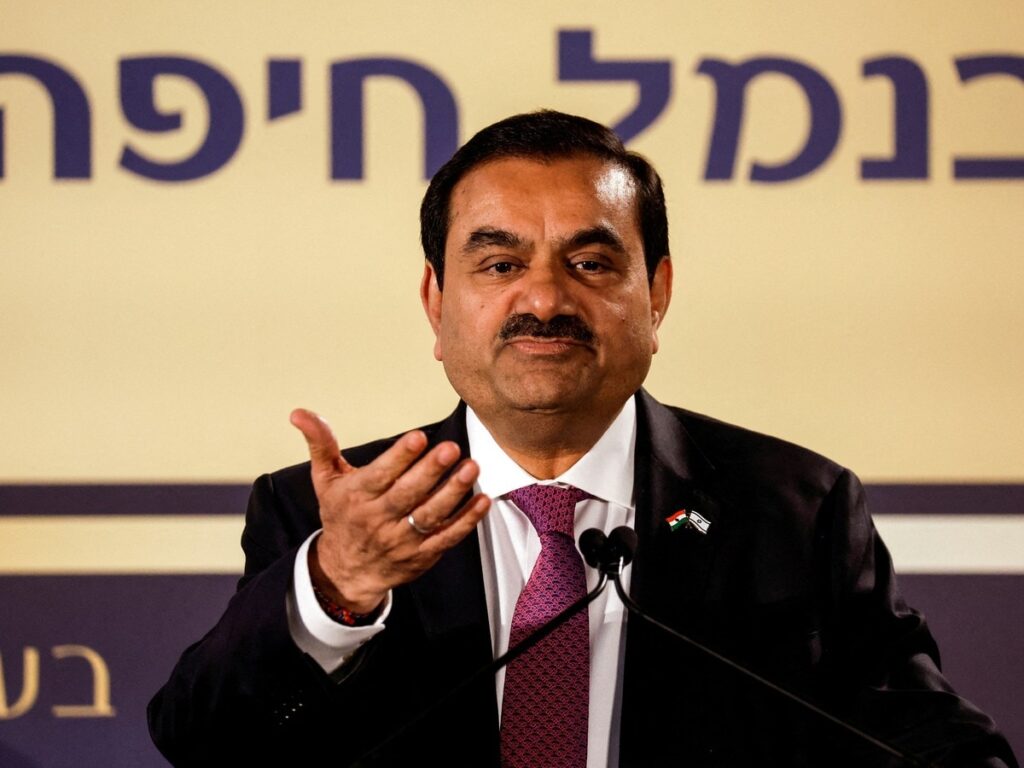The Adani Group has made a significant move by divesting its remaining 10.42% stake in AWL Agri Business for ₹3,732 crores. This decision marks the group’s complete exit from the company, reflecting a strategic shift in its business interests. The news has impacted the stock market, with shares of AWL Agri Business closing down by 1.31% at ₹274.60 per share on the Bombay Stock Exchange (BSE).
Background of Adani Group’s Investment in AWL Agri Business
The Adani Group, a diversified multinational conglomerate, had invested in AWL Agri Business to expand its footprint in the agricultural sector. The company focuses on providing innovative agricultural solutions, leveraging technology to enhance productivity and sustainability. Initially, the Group’s investment aligned with its broader vision of supporting agricultural entrepreneurship.
Reasons for Divestment
Several factors may have influenced the Adani Group’s decision to divest its stake:
- Strategic Refocus: The group is possibly shifting its focus to core businesses that align more closely with its long-term growth strategy.
- Market Conditions: Fluctuating market dynamics and the performance of AWL Agri Business may have prompted the Group to reassess its investment.
- Financial Needs: The funds raised from this divestment can be redirected towards other high-potential ventures within the conglomerate.
Impact on AWL Agri Business
The complete exit of such a significant stakeholder as the Adani Group could have various implications for AWL Agri Business:
- Market Confidence: The divestment might raise questions about investor confidence and the future prospects of the company.
- Stock Performance: The immediate impact was visible with a dip in stock prices following the announcement, which could affect shareholders.
- Operational Changes: AWL Agri Business will need to navigate this transition and reassure stakeholders about its operational viability.
Future Outlook for AWL Agri Business
Despite the setback from losing a major investor, AWL Agri Business has opportunities to rebuild and strengthen its market position. Implementing innovative technologies and sustainable practices in agriculture could further attract investor interest. Additionally, exploring strategic partnerships and diversifying its product offerings could aid in regaining momentum.
Conclusion
The Adani Group’s exit from AWL Agri Business underscores the dynamic nature of corporate investments and the necessity for companies to remain agile in their strategies. While the immediate ramifications are visible, the long-term success of AWL Agri Business will depend on its adaptability and responsiveness to market challenges. Stakeholders will be keenly watching how the company navigates this transition and positions itself in the competitive agricultural landscape.
